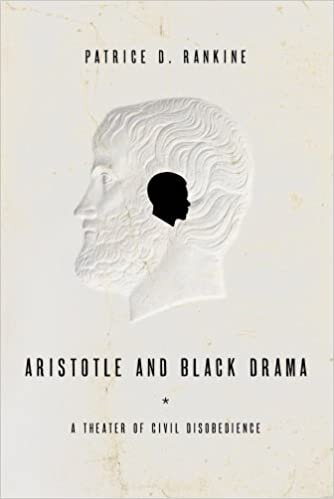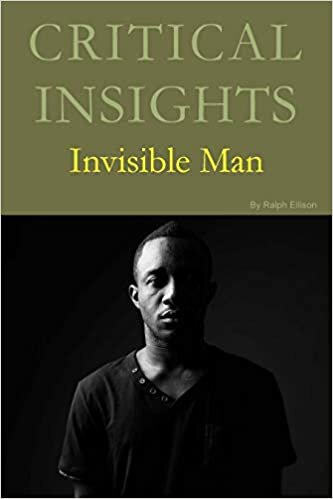
“One of the precepts of Joseph Campbell’s Hero of a Thousand Faces, in fact of his life work of studying myth, generally, is that myth is truer than the truth itself. The metaphoric power of storytelling is such that the story precedes reality. When one deploys the metaphor “my love is a red rose,” the statement suggests the profound truth of the beauty of love, its exquisiteness, its sensual power.”
— From, “The Mythic Power of Black Panther,” Society for Classical Studies, 2018.
Classics and Classical Receptions
Books Published
Ulysses in Black: Ralph Ellison, Classicism, and African American Literature.University of Wisconsin Press, 2008.
Aristotle and Black Drama: A Theater of Civil Disobedience.Waco: Baylor University Press, 2013.
Oxford University Handbook: Greek Drama in the Americas
Co-editor with Kathryn Bosher, Fiona Macintosh, and Justine McConnell. Oxford University Press, 2015.
“Thinking about my own experience before I came to the Classics, what matters really is the context that I brought with me, that informed how I was viewing the texts. Obviously, the texts are important, but so is the context of the readers. And when we set up exemplars we forget about the broader context and the importance of bringing those experiences from the margins to the centre. And without a diversification, without people being present at the table, you really don’t have a broadening of models for how to do this.”
—From “Classics, Black Classicism and the Portals of Disciplines,” Interview, Africa and the Making of Classical Literature, 2019.
Book Chapters
“Classics for All?: Liberal Education and the Matter of Black Lives,” book chapter in Classicisms in the Black Atlantic (Classical Presences). Oxford University Press, 2020.
“The protagonist in Invisible Man is like the subject about whom Du Bois writes in The Souls of Black Folk, on at least three counts. First, he has a distinct cultural experience, that of a second-class citizenship. His individual trials as a black man map onto the similar experiences of others like him: racial discrimination in the South, a false illusion of freedom – and second-class citizenship – in the northern states and violence and brutality at the hands of institutional authorities, whether those institutions be local (his college) or state-sponsored, e.g., the death of a black character, Tod Clifton, at the hands of the police. In the language of Harriet Fertik, these experiences prevent the ‘full participation’ of Invisible Man in Du Bois’s Aristotelian democracy.”
—From, “Aftermath: Du Bois, Classical Humanism, and the Matter of Black Lives,” International Journal of the Classical Tradition, 2018.
“On Invisible Man: Blue Notes, from Segregation to Black Lives Matter,” Critical Insights: Invisible Man, Robert C. Evans, ed. Grey House Publishing, 2018.
“Epic Performance through Invencão de Orfeu and ‘An Iliad:’ Two Instantiations of Epic as Embodiment in the Americas,” in Epic Performances from the Middle Ages into the Twenty-First Century. Oxford University Press, 2018.
“Dignity in Homer,” In Dignity: A History (Oxford Philosophical Concepts). Oxford University Press, 2017.
“The Body and Invisible Man: Ralph Ellison’s Novel in Twenty-First Century Performance and Public Spaces,” in The New Territory: Ralph Ellison and the Twenty-First Century. University Press of Mississippi, 2016.
“From Anthropophagy to Allegory and Back: A Study of Classical Myth and the Brazilian Novel,” in Ancient Greek Myth in World Fiction since 1989 (Bloomsbury Studies in Classical Reception). Bloomsbury Academic, 2016.
“‘The World is a Ghetto:’ Postracial America(s) and the Apocalypse,” in The Trouble with Post-Blackness. Columbia University Press, 2015.










